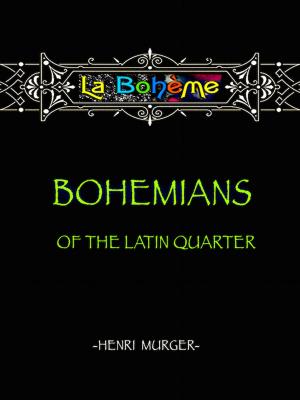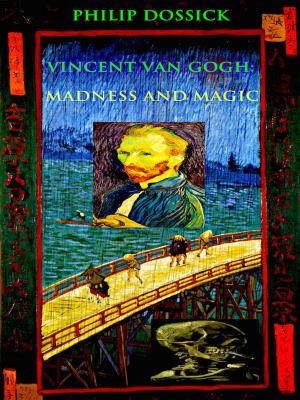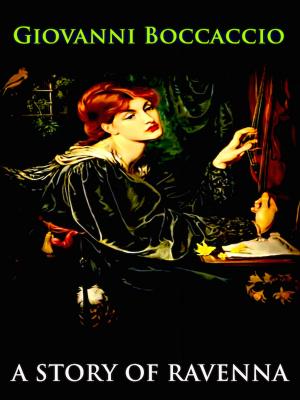| Author: | Emile Zola | ISBN: | 1230002084503 |
| Publisher: | Editions Artisan Devereaux LLC | Publication: | January 10, 2018 |
| Imprint: | Language: | English |
| Author: | Emile Zola |
| ISBN: | 1230002084503 |
| Publisher: | Editions Artisan Devereaux LLC |
| Publication: | January 10, 2018 |
| Imprint: | |
| Language: | English |
“He even predicted how the miracle would come about; it would be like a lightning stroke, an awakening, an exaltation of the entire being, whilst the evil, that horrid, diabolical weight which stifled the poor girl would once more ascend and fly away as though emerging by her mouth…”
Lourdes published in 1894, is the first novel Emile Zola published following the completion of his monumental twenty-novel series, the Rougon-Macquart cycle.
In this moving depiction of a pilgrimage to Lourdes, the master French realist Zola portrays the timeless struggle between Faith and Reason.
In 1858, in a grotto outside the town of Lourdes, a girl named Bernadette Soubirous had a series of visions of the Virgin Mary.
From that moment on, Lourdes became a site of religious pilgrimage, and the local spring water was proclaimed to miraculously cure all manner of ailments.
Zola's brilliant observational powers are at their best as he moves from character to character describing in great detail the physical effects of their illnesses, their hopes, beliefs, fears, and above all endurance.
Many believe that bathing in the waters at Lourdes will cure them of their illnesses. This belief is so strong that even the corpse of a man that died on the train is immersed in the waters in the hope that he will live again.
In the end, amidst the tumult of emotions whipped up by religious fervor a miracle of a sort does take place: a psychosomatic “cure” of a woman suffering from hysterical paralysis.
To a few skeptical observers the event is a predictable natural occurrence; but to the majority of simple believers it is proof of divine intervention.
At the time, its publication sparked such notoriety that it quickly turned into a best seller, and it has long ruled as a classic of French literature.
EMILE ZOLA (1840 –1902) was a French writer, a major figure of the literary school of naturalism and an important contributor to the development of the modern novel. Zola was nominated for both the first and second Nobel Prize in Literature in 1901 and 1902.
“He even predicted how the miracle would come about; it would be like a lightning stroke, an awakening, an exaltation of the entire being, whilst the evil, that horrid, diabolical weight which stifled the poor girl would once more ascend and fly away as though emerging by her mouth…”
Lourdes published in 1894, is the first novel Emile Zola published following the completion of his monumental twenty-novel series, the Rougon-Macquart cycle.
In this moving depiction of a pilgrimage to Lourdes, the master French realist Zola portrays the timeless struggle between Faith and Reason.
In 1858, in a grotto outside the town of Lourdes, a girl named Bernadette Soubirous had a series of visions of the Virgin Mary.
From that moment on, Lourdes became a site of religious pilgrimage, and the local spring water was proclaimed to miraculously cure all manner of ailments.
Zola's brilliant observational powers are at their best as he moves from character to character describing in great detail the physical effects of their illnesses, their hopes, beliefs, fears, and above all endurance.
Many believe that bathing in the waters at Lourdes will cure them of their illnesses. This belief is so strong that even the corpse of a man that died on the train is immersed in the waters in the hope that he will live again.
In the end, amidst the tumult of emotions whipped up by religious fervor a miracle of a sort does take place: a psychosomatic “cure” of a woman suffering from hysterical paralysis.
To a few skeptical observers the event is a predictable natural occurrence; but to the majority of simple believers it is proof of divine intervention.
At the time, its publication sparked such notoriety that it quickly turned into a best seller, and it has long ruled as a classic of French literature.
EMILE ZOLA (1840 –1902) was a French writer, a major figure of the literary school of naturalism and an important contributor to the development of the modern novel. Zola was nominated for both the first and second Nobel Prize in Literature in 1901 and 1902.















